What Is The Best Hay For Horses?
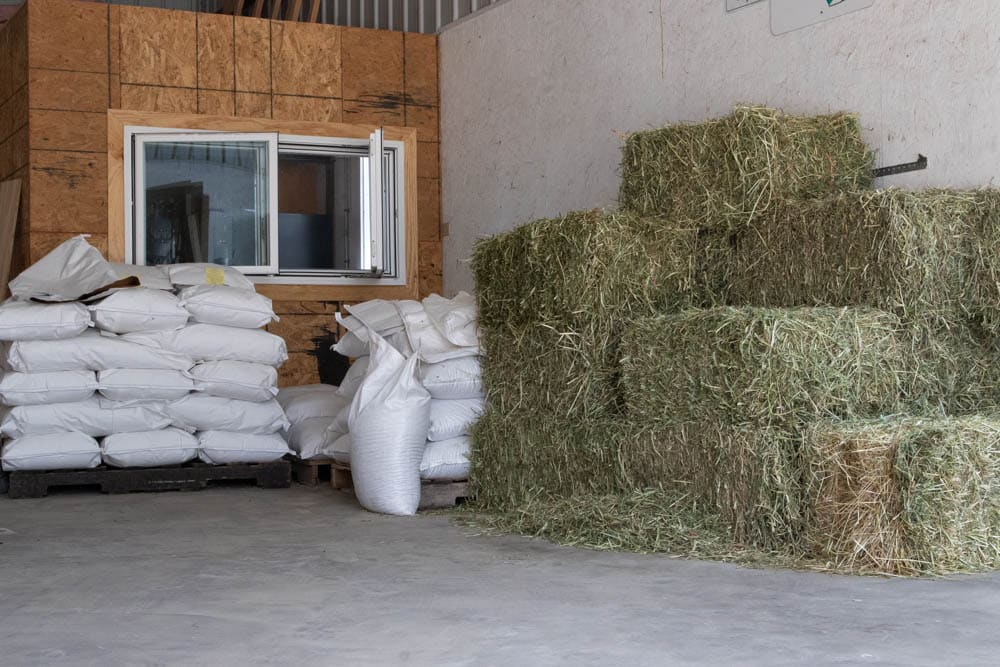
Feeding your horse hay is a necessity if you do not have a big pasture. But, if you ask different people what hay to feed your horse, they might disagree. There are many hay options that boil down into two main hay categories.
So what is the best hay for horses? There is no simple answer to that question. Not all horses are the same. Some horses get more exercise, some need more protein, which effects what hay is best. It can be confusing if this is your first time owning a horse, so here are some hay options and which horses they are good for.
Best Hay For Horses
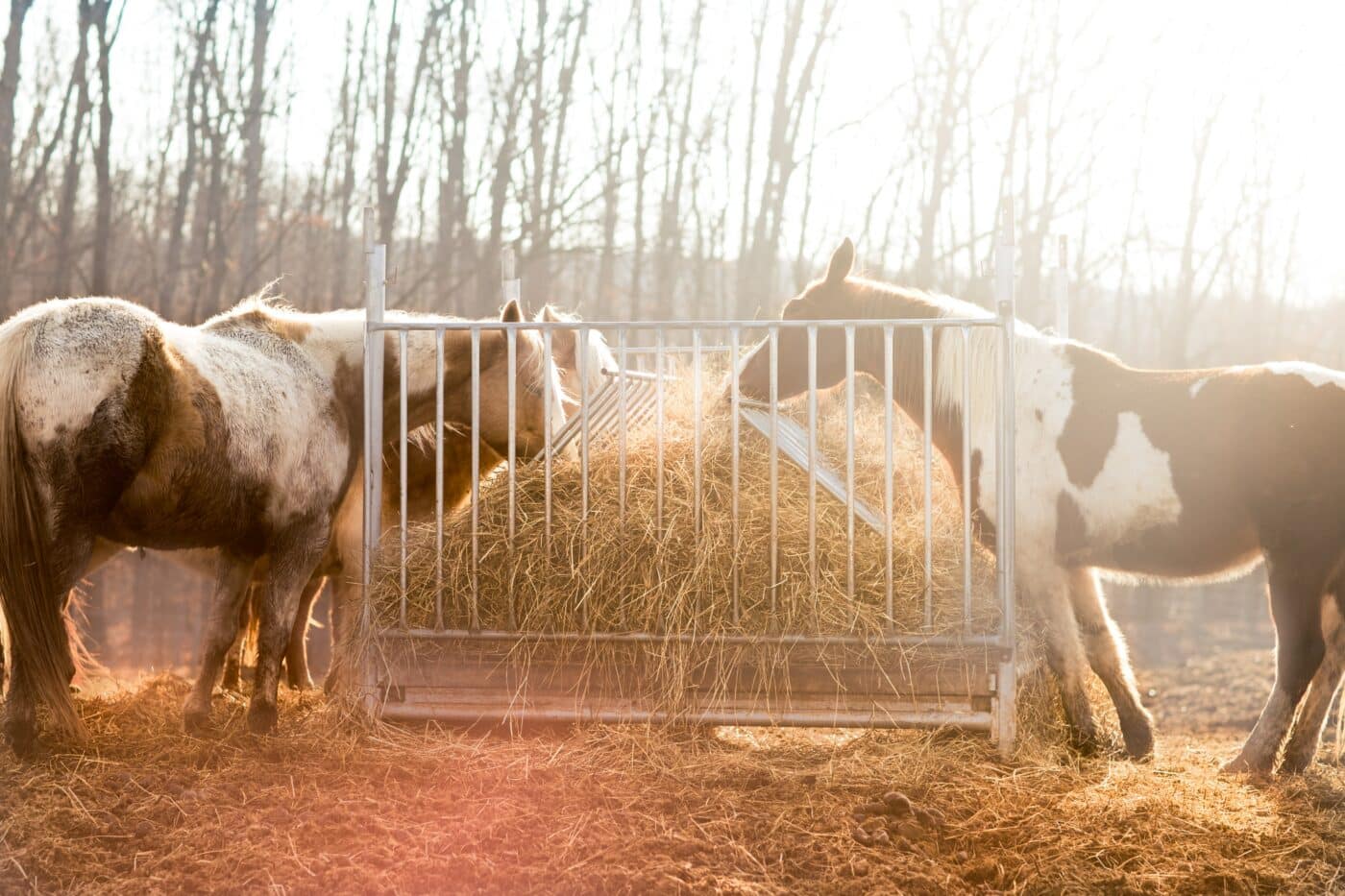
When it comes to hay for horses, there are two main types that dominate the equine menu: legume hay and grass hay. Legume hay, like alfalfa, is often considered the “cool kid” in the hay world. It’s packed with nutrients and protein, making it a favorite among high-energy horses. Grass hay, on the other hand, is very reliable. It’s lower in protein but higher in fiber, which aids in digestion and keeps horses feeling satisfied.
Legume Hay

Legume hay includes hay made from leguminous plants, with alfalfa and clover being common examples. Legume hay has a leafier appearance, higher protein content, and typically contains more vitamins and minerals compared to grass hay. It has a softer texture and is often more palatable hay for horses due to its sweet aroma and taste.
The higher protein content in legume hay makes it a valuable option for horses with higher energy requirements, such as growing horses, lactating mares, or horses engaged in intense physical activities. Legume hay for horses provides essential amino acids, calcium, and other nutrients necessary for muscle development and overall health. It can be a suitable choice for horses needing additional nutritional supplementation.
Grass Hay
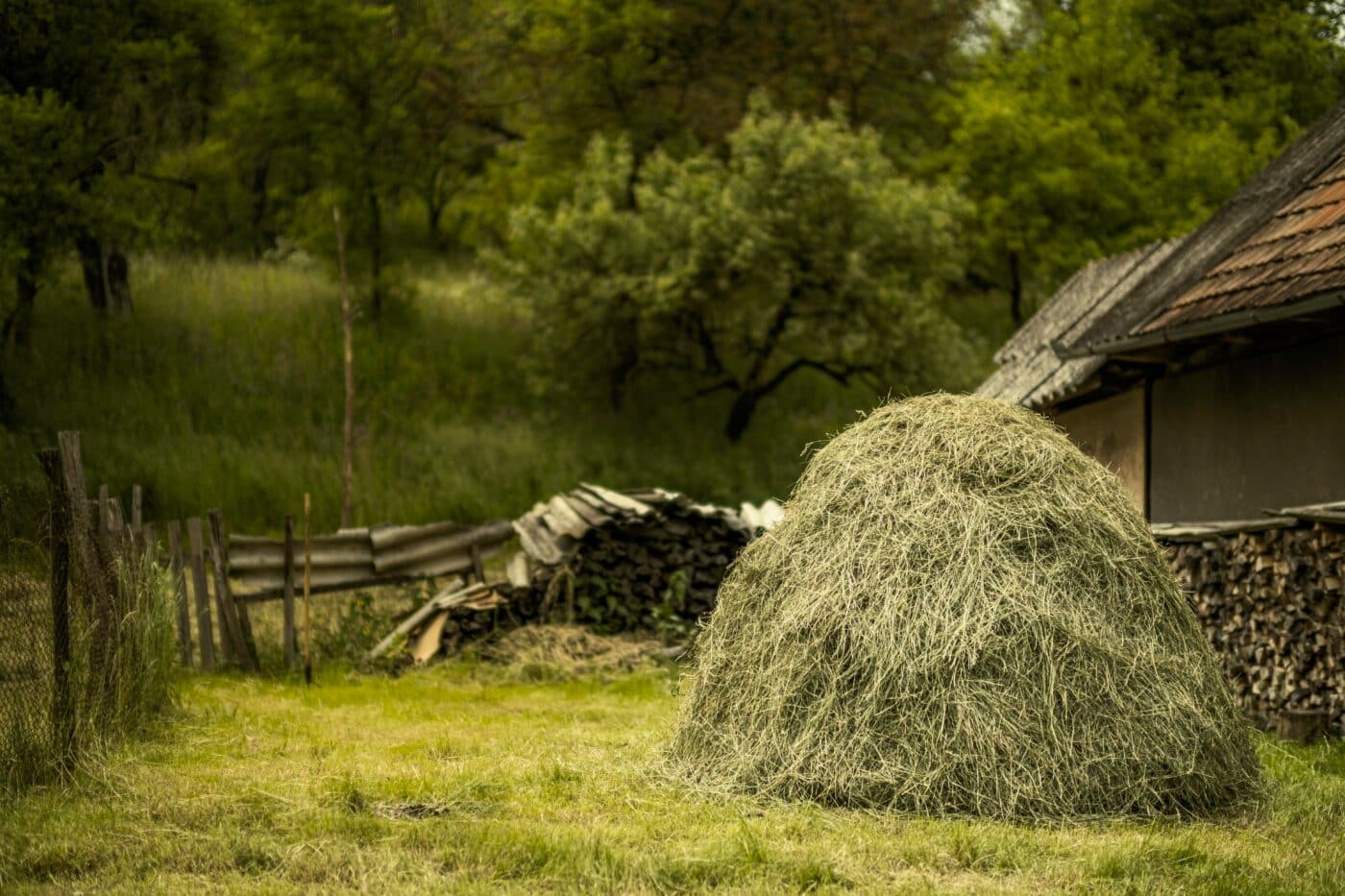
Grass hay is derived from various grass species such as orchard grass, timothy, Bermuda grass, or oat hay. It primarily consists of grass blades and stems, with a higher fiber content and lower protein content compared to legume hay. Grass hay is generally coarser in texture and has a lower leaf-to-stem ratio. It provides horses with essential roughage and aids in maintaining healthy digestion.
The nutritional value of grass hay depends on factors such as the type of grass, stage of growth at harvest, and environmental conditions. Grass hay is often recommended hay for horses that require a lower protein intake, such as those on restricted diets or with lower energy demands. It can also be a suitable hay for horses that need to maintain or lose weight.
Which Hay is right for your Horse?
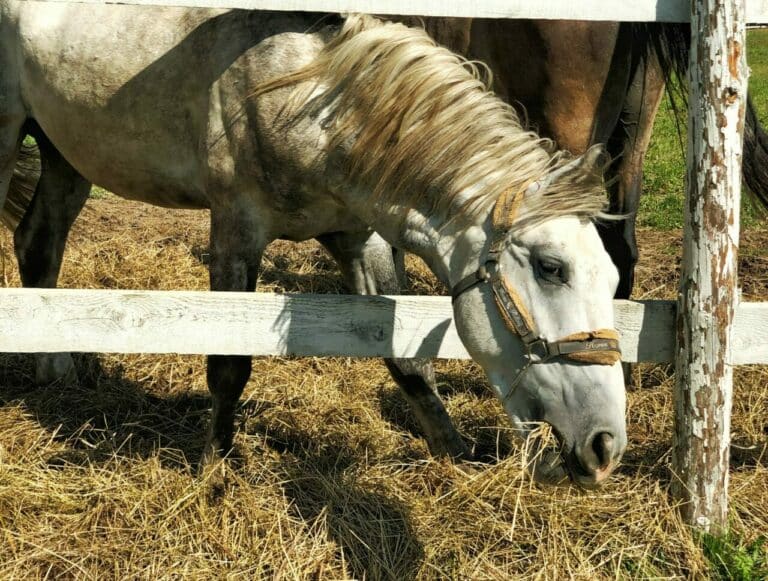
The main differences between grass hay and legume hay lie in their nutrient composition, texture, and suitability for different horse requirements. Grass hay offers more fiber and lower protein content and is appropriate for horses with lower energy demands or those on restricted diets.
Legume hay, on the other hand, such as our high-quality Compressed Hay Bale, offers higher protein levels and more vitamins and minerals. This type of hay is particularly beneficial for horses with higher energy requirements or specific nutritional needs. Understanding these differences allows horse owners to make informed decisions when selecting hay based on factors like their horse’s age, activity level, and dietary requirements.
7 Different Kinds Of Hay For Horses
1. Alfalfa
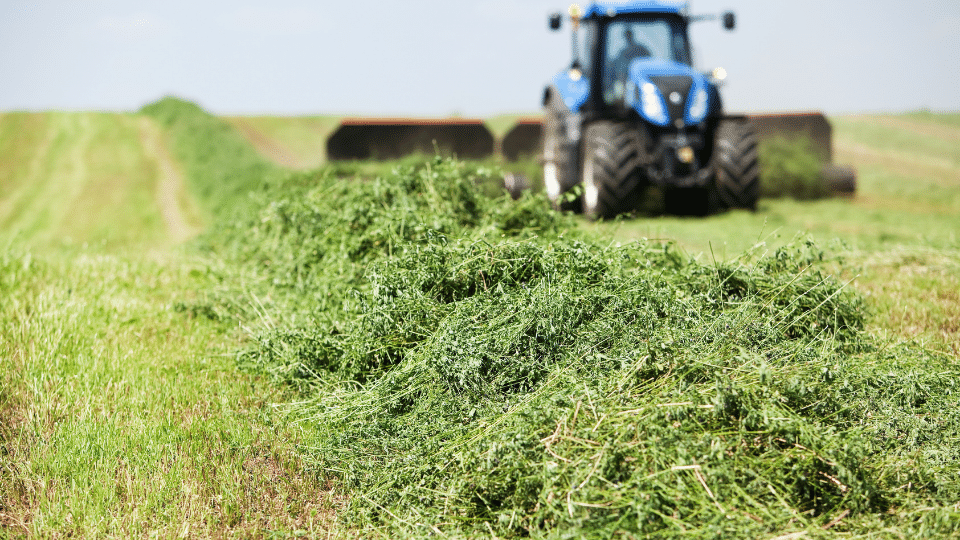
Alfalfa hay, available at Double J Farms, is a highly nutritious and widely recognized legume hay. It is characterized by its vibrant green color, leafy texture, and sweet aroma. Alfalfa hay is renowned for its high protein content, making it an excellent source of essential amino acids for horses. Additionally, it is rich in calcium, vitamins, and minerals, providing a well-rounded nutritional profile.
The protein and nutrient density of alfalfa hay makes it particularly suitable for growing horses, performance horses, and lactating mares. Its bales, leafy nature, and palatable taste make it a favorite among horses with higher energy demands. At Double J Farms, you can trust that the alfalfa hay they offer is of exceptional quality, ensuring that your horse receives the best nutrition.
2. Orchard Grass
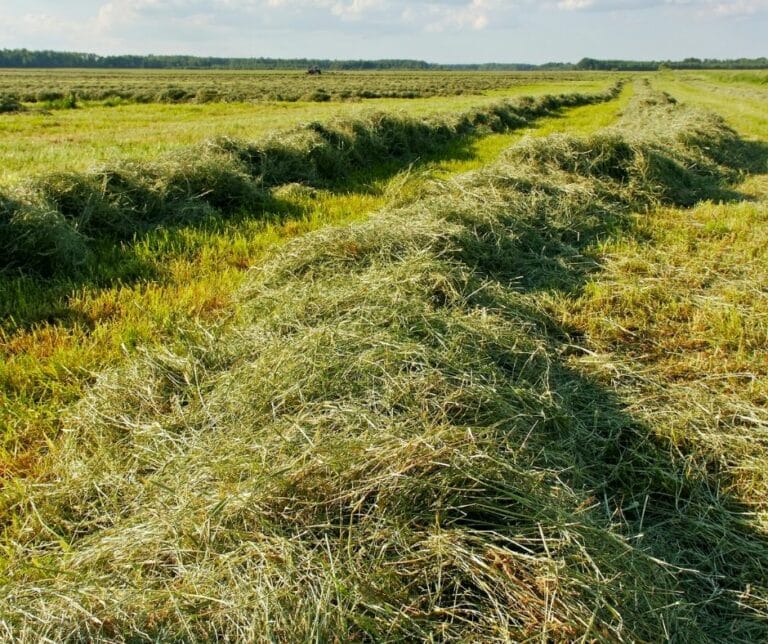
Double J Farms also offers orchard grass hay, a nutritious grass hay option. Orchard grass is characterized by its soft texture, fine stems, and leafy appearance. It provides a balanced blend of fiber and protein, making it a suitable hay for horses with moderate energy requirements. Orchard grass hay is highly palatable to horses and is often favored by picky eaters. This grass hay variety contributes to a horse’s overall digestive health and offers a valuable source of essential nutrients. At Double J Farms, you can expect top-quality orchard grass hay that meets the nutritional needs of your horses.
3. Timothy Hay
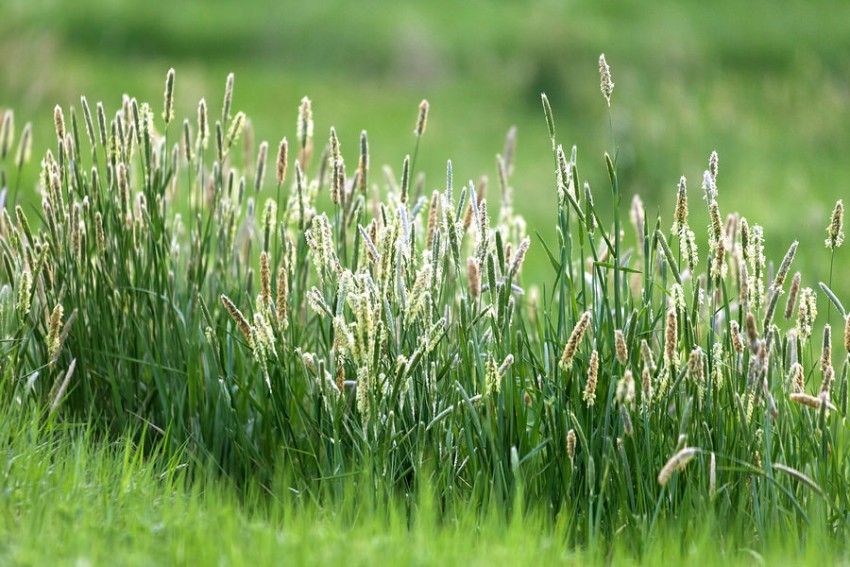
Timothy hay is widely recognized for its low protein content and high fiber content. It features coarse stems and long blades, which promote proper dental health as horses chew on them. Timothy hay is an excellent hay for horses that require weight management or those with specific dietary restrictions. The high fiber content aids in digestion and helps maintain a healthy gastrointestinal tract.
4. Bermuda Grass
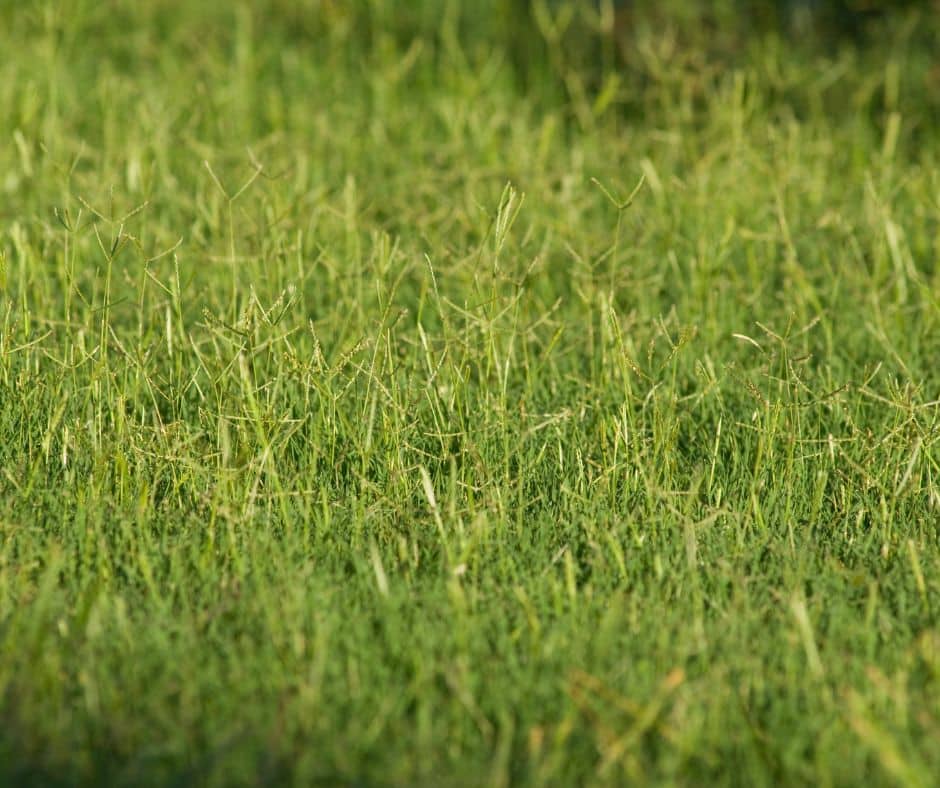
Bermuda grass hay is a warm-season grass hay variety that is drought-tolerant and commonly found in areas with hot climates. It offers horses a good source of roughage and has a high fiber content. Bermuda grass hay can be a suitable option for horses with lower energy requirements. Its fibrous nature supports digestive health and provides a satisfying chewing experience for horses. When purchasing Bermuda hay you can have confidence in receiving a high-quality product that meets your horse’s nutritional needs.
5. Oat Hay
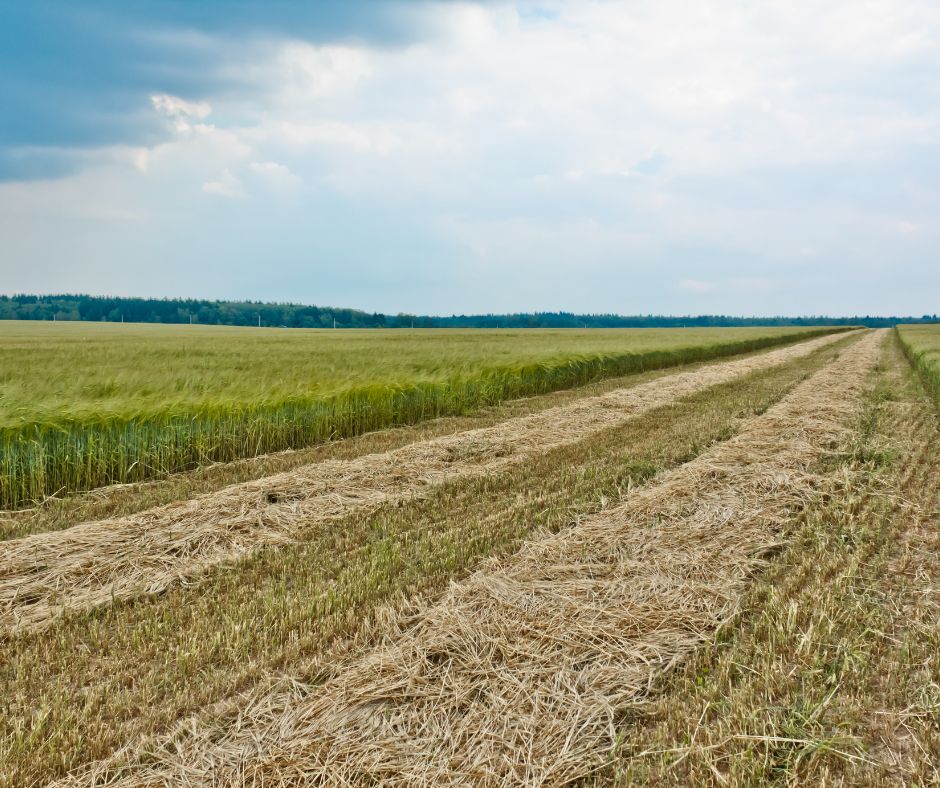
Oat hay is another hay derived from oat plants. It provides a balanced combination of protein and fiber. Oat hay is often a recommended hay for horses with moderate energy requirements. It can be particularly appealing to horses due to its palatable taste. Oat hay is typically harvested before the oat seeds mature, ensuring optimal nutritional value.
6. Clover Hay
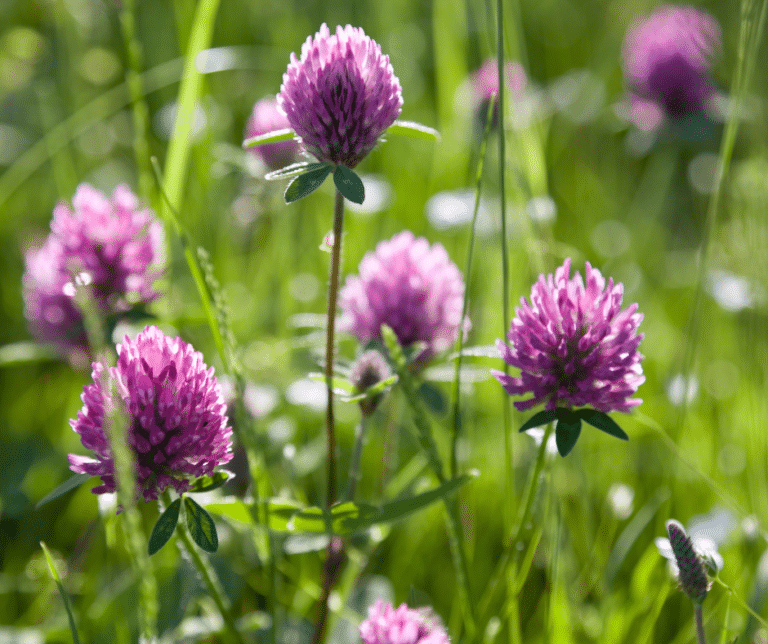
Clover hay provides a moderate protein content and is commonly mixed with grasses to create a blend of nutritional value. It contributes to a well-balanced diet for horses, supplying essential nutrients. Clover hay has a leafy texture and is often favored by horses due to its palatability.
7. Mixed Hay
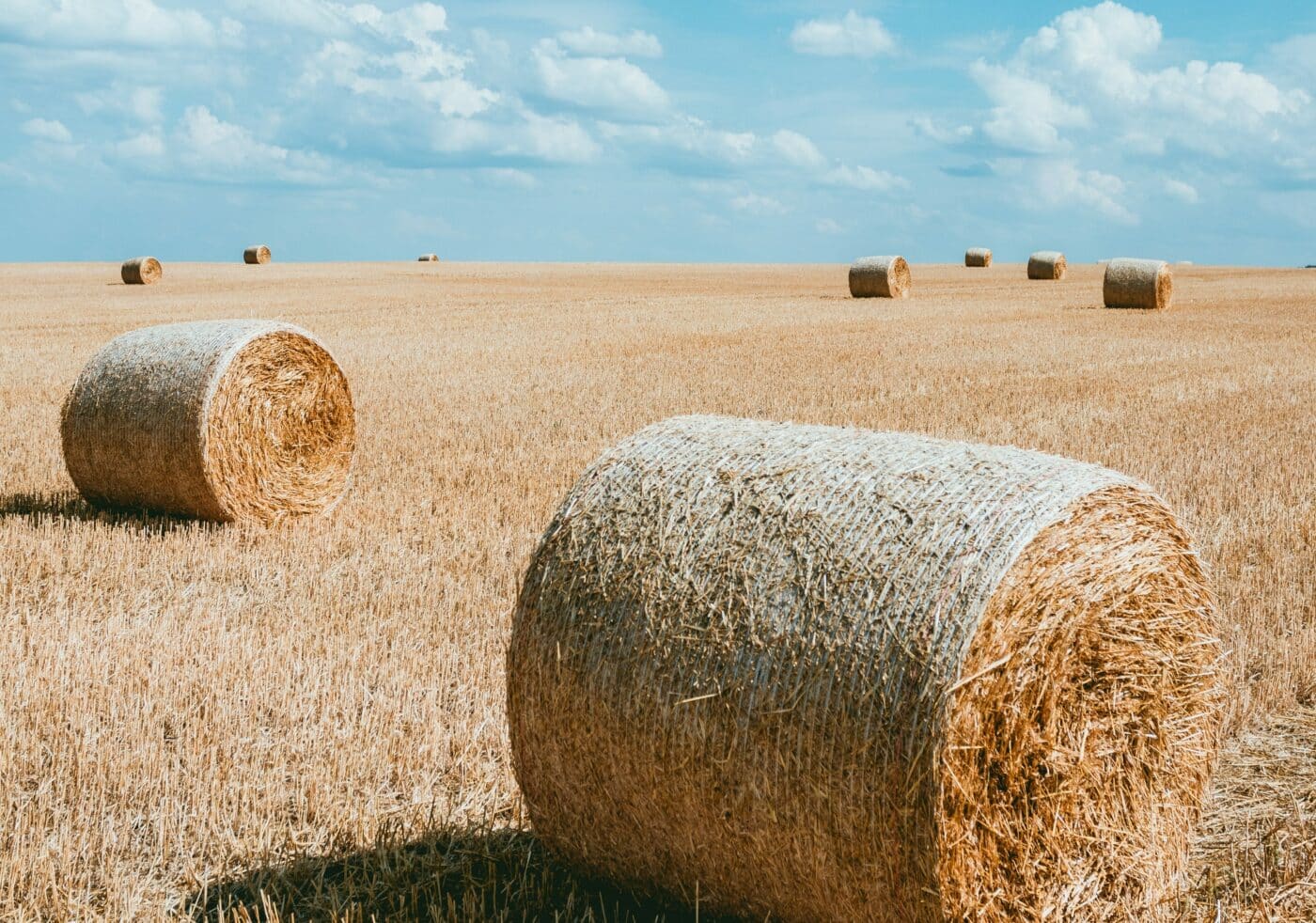
Mixed hay refers to a blend of different hay varieties, combining the benefits of various grasses and legumes. Double J Farms offers mixed hay options that provide a diverse range of nutrients. This variety can be convenient when specific hay types are not readily available or when you want
How To Evaluate Hay for Horses
Harvest Time
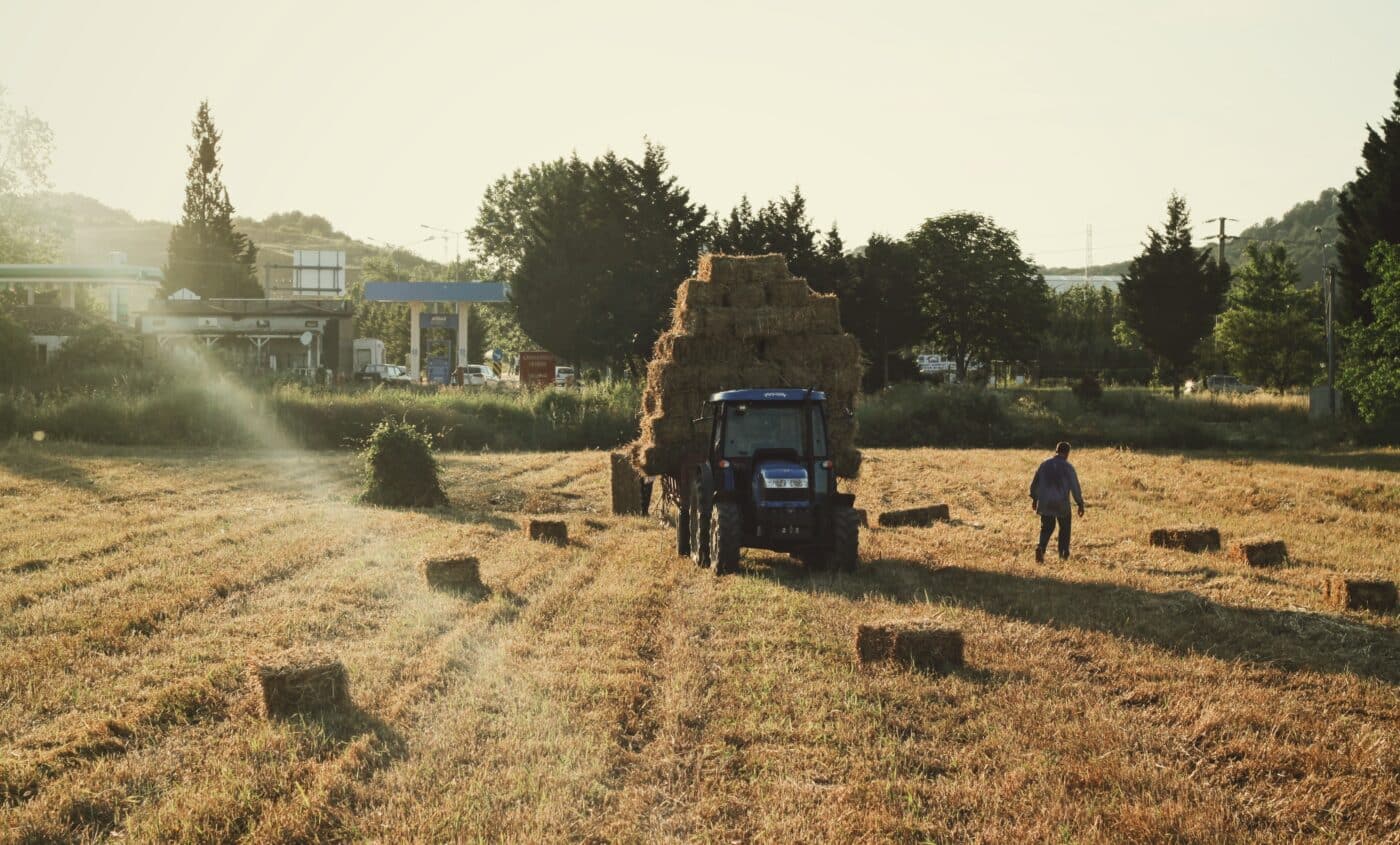
When evaluating hay for your horses, one important factor to consider is the timing of the harvest. The stage at which the hay is cut can significantly impact its nutritional value. Early-cut hay tends to have higher protein levels, making it beneficial for horses with higher energy demands. This is because the plants have not yet fully matured, resulting in a greater concentration of nutrients. Late-cut hay, on the other hand, may have a higher fiber content. It can be an excellent option for horses needing additional roughage or those on restricted diets. Understanding the timing of the harvest can help you choose hay that aligns with your horse’s specific dietary needs.
Leaves and Stems
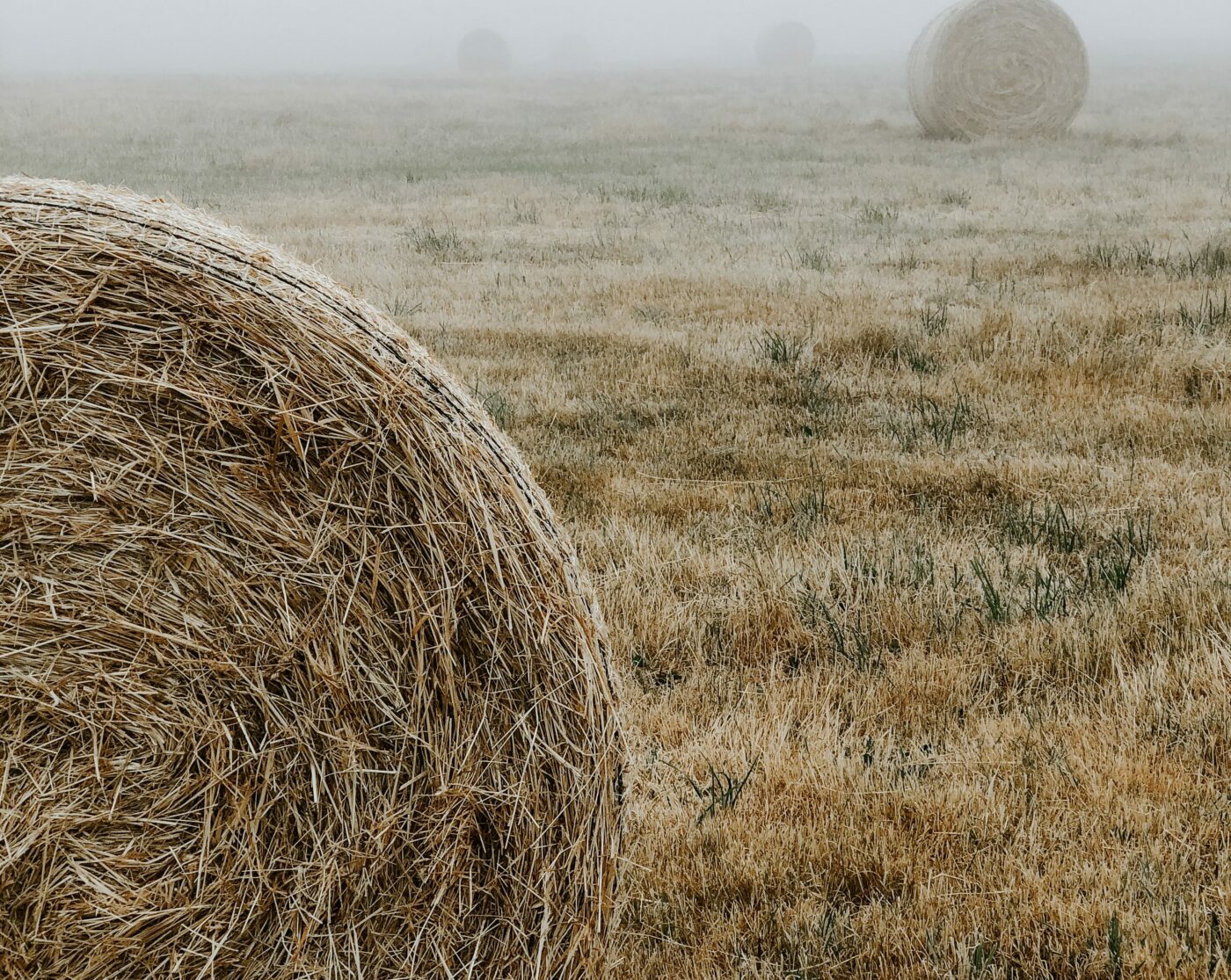
Assessing the proportion of leaves to stems in the hay is another crucial aspect when evaluating its quality. Higher leaf content generally indicates better nutritional value, as leaves are more nutrient-dense compared to stems. Leaves contain higher levels of protein, vitamins, and minerals, which are essential for your horse’s overall health. Stems, on the other hand, contribute to fiber intake and promote proper digestion in horses. While stems are necessary for roughage, an excessive amount can lower the overall nutritional value of the hay. Ideally, you want to select hay with a good balance between leaves and stems to provide optimal nutrition for your horses.
Hay Processing
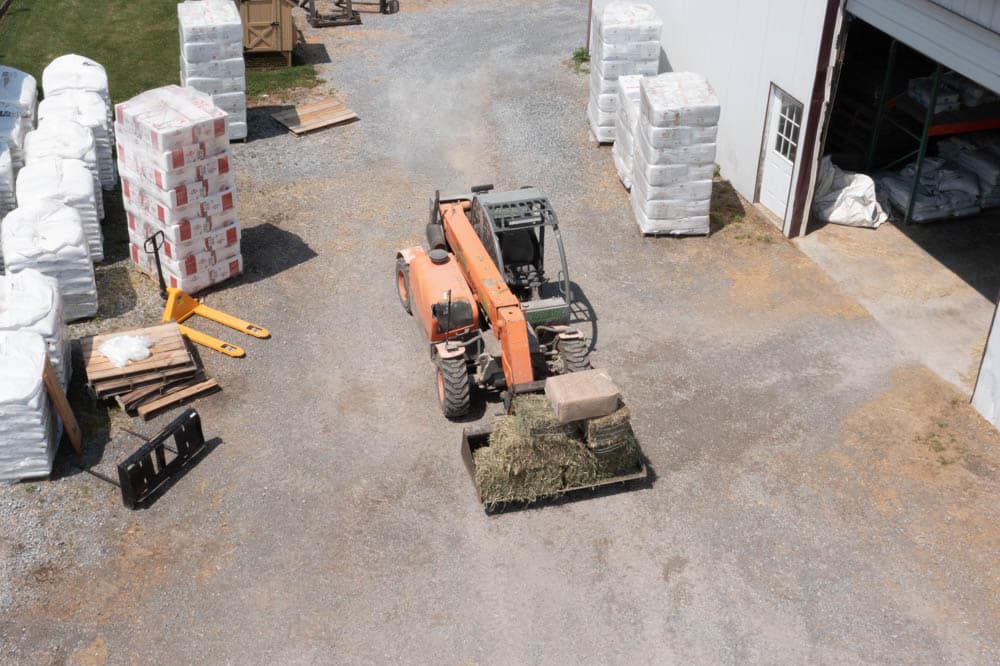
Hay processing plays a significant role in determining the quality of the hay you feed to your horses. Proper processing techniques ensure that the hay maintains its nutritional integrity and freshness. At Double J Farms, the hay goes through meticulous processing methods to guarantee its quality. The process starts with proper drying, ensuring that the hay is dried to the appropriate moisture level to prevent mold or mildew growth. It is then baled and stored in a controlled environment to maintain its nutritional value and protect it from moisture and pests.
By following these strict processing practices, Double J Farms ensures that their hay arrives at your barn in optimal condition. They prioritize quality and take pride in providing hay that meets the highest standards. When evaluating hay, knowing that it has been processed with care and attention gives you peace of mind, knowing that you are providing your horses with the best possible nutrition.
In conclusion, evaluating hay for horses involves considering factors such as harvest time, leaf-to-stem ratio, and hay processing. Understanding the timing of the harvest allows you to select hay that aligns with your horse’s specific dietary needs. Assessing the proportion of leaves to stems helps determine the nutritional value of the hay, as leaves are more nutrient-dense. Additionally, considering the hay processing methods ensures that the hay maintains its quality and nutritional integrity. With Double J Farms’ commitment to meticulous hay processing, you can trust that their hay meets the highest standards, providing optimal nutrition for your horses.
Why Double J Farms?
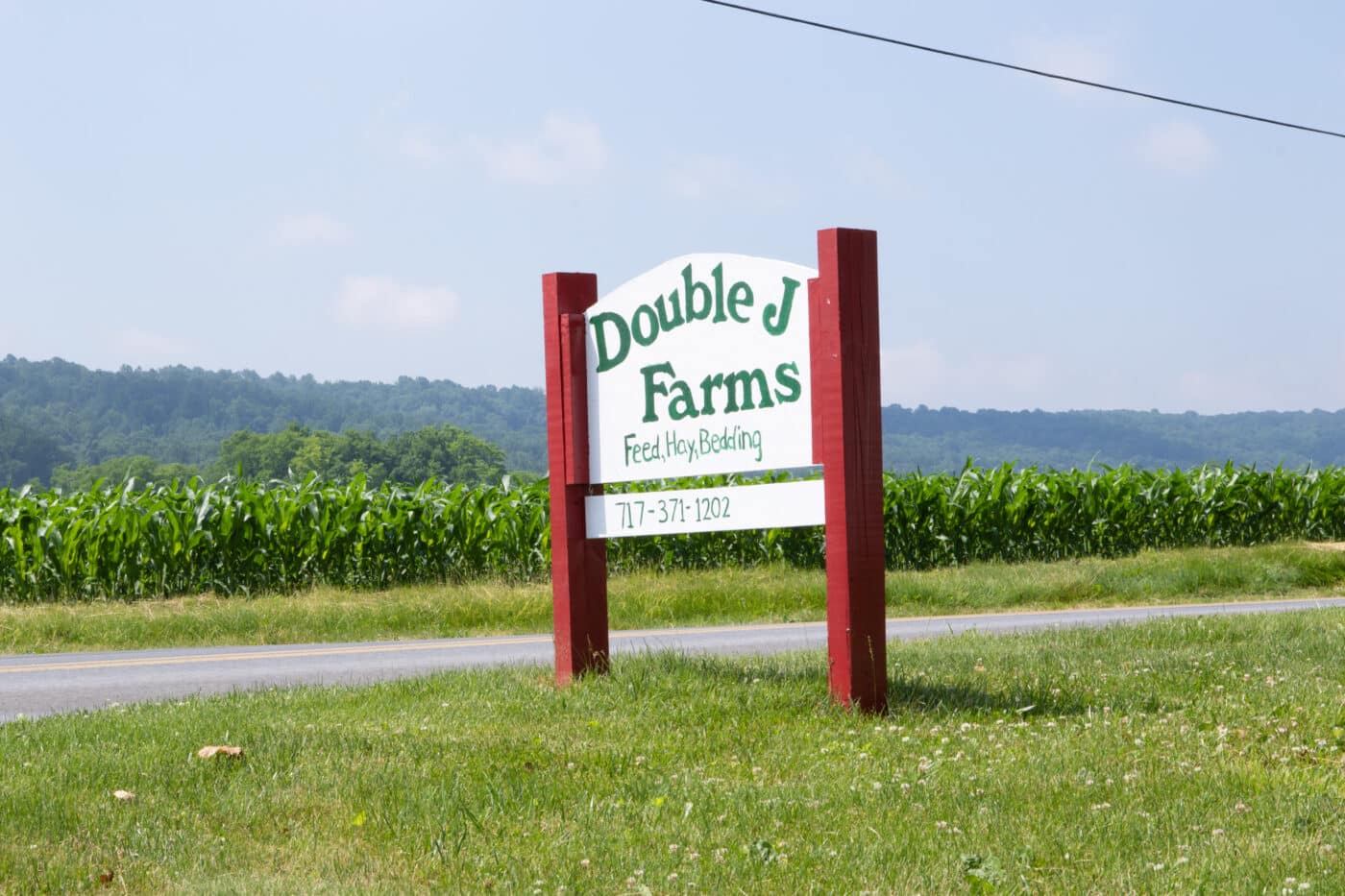
Ready to provide your horses with the best hay available? Look no further than Double J Farms! With a diverse selection of high-quality hay, including legume hay like alfalfa and grass hay like orchard grass, Double J Farms has the perfect option to meet your horse’s specific needs. Don’t compromise on nutrition and quality. Contact Double J Farms today to ensure your horses receive the top-notch hay they deserve. Your horses will thank you!
